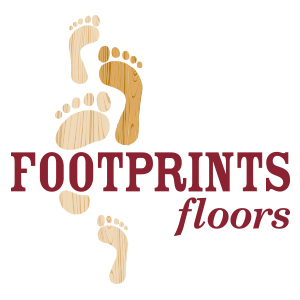Footprints Floors Leads the Way in Sustainability
The eco-friendly flooring installation franchise integrates sustainable practices into its daily operations and larger business model.
*This brand is a paid partner of 1851 Franchise. For more information on paid partnerships please click here.
MORE STORIES LIKE THIS
How Footprints Floors Helps Franchisees Build Strong, Sustainable Businesses
The Footprints Floors Franchise Journey: From Initial Investment to Success
Footprints Floors Expands Into New Headquarters, Marking a Major Milestone in Brand Growth
Footprints Floors Reflects on a Landmark Year, Sees 10% Increase in Revenue

/story1/2723569/4c9832194c7c11a0c6964187f68bcbea987.jpg)

/story1/2729435/1747919221_2729435.png)
/story1/2728716/e2b5a5c7317856f2df6793d09d714cfb3217.jpg)
/story1/2728708/29f4ca419c144e28d34eb3435bb9b8db323.jpg)
/story1/2728295/162ff39ebda8e08a31a41ba01367778e2348.jpg)